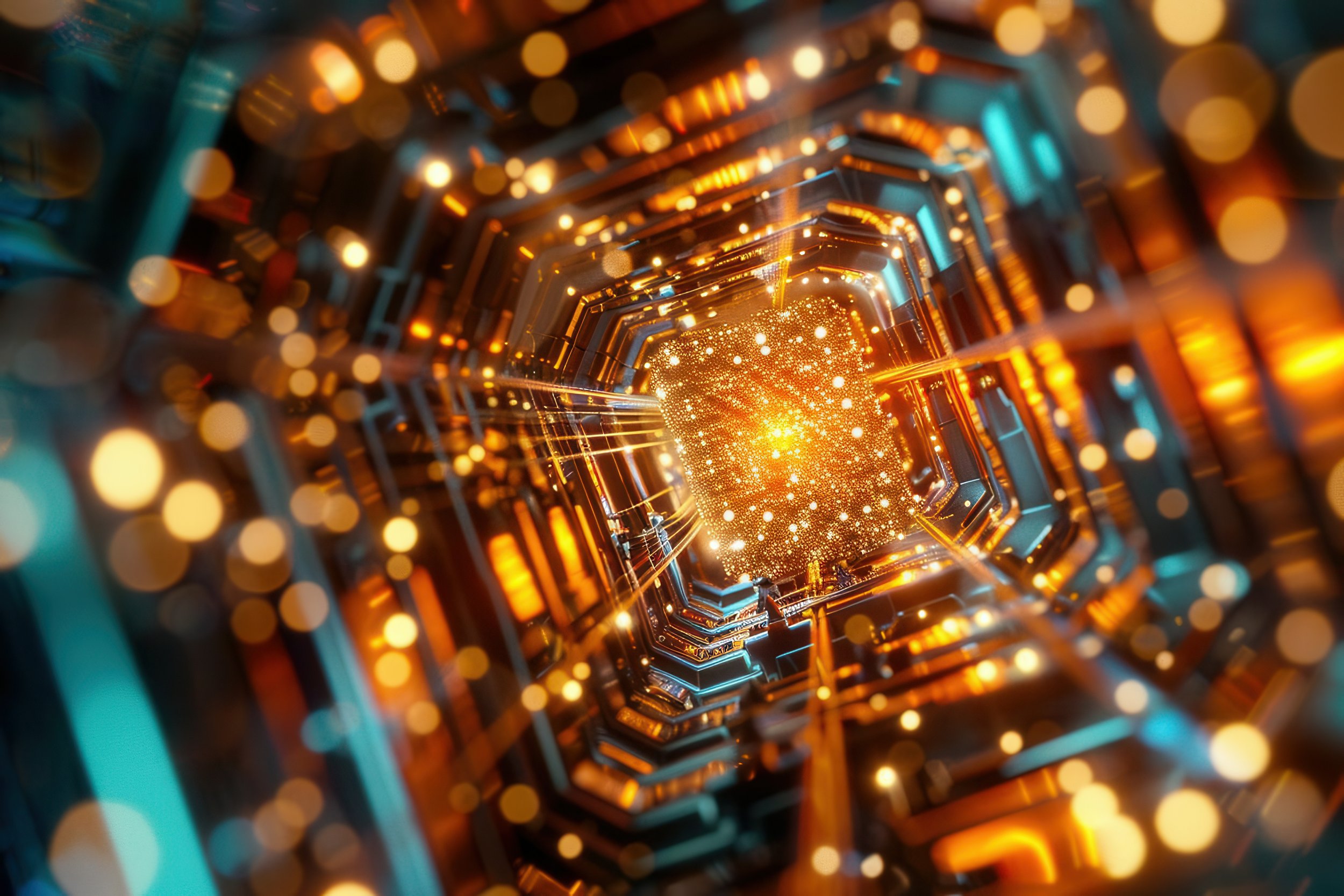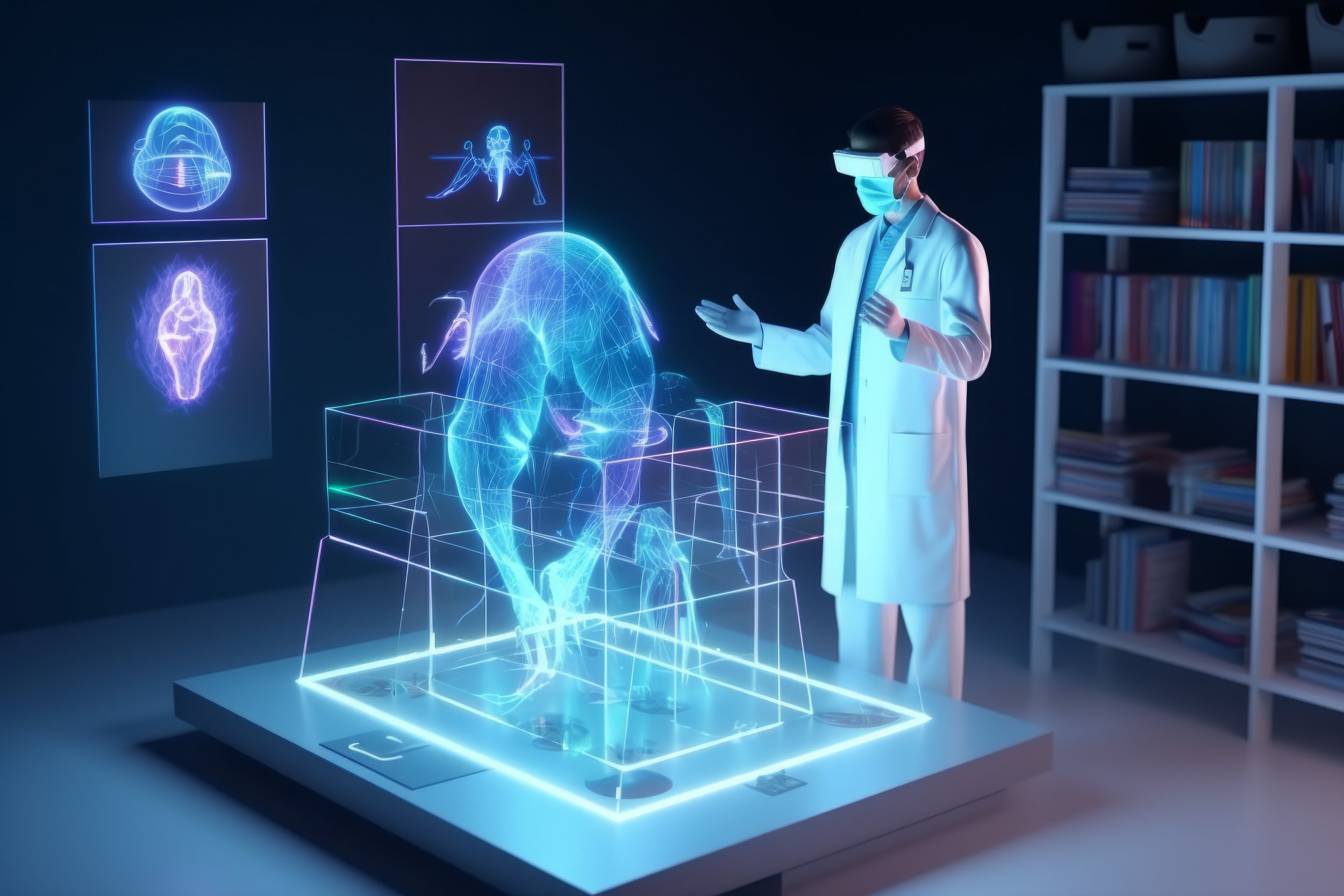
TechNews
Latest updates and insights on tech.
IoT Growth Challenges
The exponential growth of IoT devices exposes critical limitations in current networks' ability to manage security and data processing. Emerging solutions, such as edge computing architectures and advanced encryption protocols, aim to create resilient frameworks capable of supporting massive deployments. These innovations will be crucial for enabling real-time analytics and maintaining system reliability across expanding IoT ecosystems.
Autonomous Vehicles: Future
AV technology combines cutting-edge sensors and AI to redefine transportation through enhanced safety and efficiency. Yet its adoption presents complex ethical questions about algorithmic decision-making in critical scenarios, alongside evolving regulatory frameworks. Addressing these challenges through cross-sector collaboration will determine how successfully this innovation transforms our roads.
Biometric Authentication
Cutting-edge biometric technologies, such as vein patterns, voice signatures, and gait analysis, are expanding authentication possibilities beyond conventional methods. While offering superior security and user convenience, these emerging solutions must overcome hurdles, including spoofing vulnerabilities and compliance with privacy regulations.
Next-Gen Solar Cells
Emerging PV technologies, such as perovskite solar cells and organic-inorganic hybrids, are pushing efficiency boundaries while reducing production costs. Tandem cell architectures and luminescent concentrators demonstrate particular promise for commercial viability. These innovations address critical limitations of conventional solar cells, potentially accelerating the transition to renewable energy dominance.
IoT for Smarter Cities
IoT networks revolutionize urban management through real-time monitoring of traffic, energy use, and waste systems. Sensor-generated data enables cities to optimize resource allocation and enhance public services, while also addressing challenges in data security and infrastructure costs. The technology's predictive capabilities allow for proactive maintenance and more efficient urban planning.
Blockchain in Supply Chains
Blockchain technology transforms supply chain management by creating immutable, decentralized records that enhance traceability from origin to consumer. This innovation enables the real-time tracking of goods while verifying ethical sourcing and production standards, empowering both businesses and customers with unprecedented visibility.
AR in Experiential Learning
Augmented Reality bridges the gap between theory and practice by creating immersive, interactive learning environments that enhance skill development and learning. Through location-based experiences and collaborative problem-solving scenarios, AR enhances engagement, fosters critical thinking, and improves knowledge retention. This technology enables educators to equip students with essential 21st-century competencies through hands-on digital experiences.
Quantum Cryptography
Quantum cryptography leverages quantum mechanics to establish theoretically unhackable communication via Quantum Key Distribution (QKD). Unlike traditional encryption, QKD offers unconditional security by detecting any eavesdropping attempts. As research advances, this technology has the potential to redefine global data security standards in our increasingly vulnerable digital world.
AI in Predictive Healthcare
AI transforms patient care through predictive analytics, enabling the early detection of diseases and the delivery of personalized treatments. These technologies analyze vast datasets to uncover critical health patterns that humans might miss. While promising improved outcomes, challenges like data privacy and algorithmic bias require careful navigation as this technology reshapes modern medicine.
Tech in Urban Foodscapes
Modern urban farming integrates cutting-edge technology to transform rooftops, vertical spaces, and unused urban areas into productive agricultural hubs. These innovative solutions address food security challenges while reducing environmental impact through localized production and resource-efficient growing systems.
Quantum Computing's Impact
Quantum computing is poised to redefine the boundaries of computation across multiple sectors. Its extraordinary processing power offers groundbreaking potential—from accelerating drug discovery to optimizing financial models and strengthening encryption. The technology heralds a new era of innovation in logistics, cybersecurity, and beyond.
Smart Infrastructure in Transportation
Modern transportation systems are undergoing a radical transformation through smart infrastructure, leveraging IoT, AI, and big data to optimize urban mobility. These innovations address critical challenges—from reducing traffic congestion to improving road safety—through real-time monitoring and predictive analytics. The integration of autonomous vehicles and adaptive traffic management further enhances efficiency, laying the foundation for sustainable, connected cities.
AI in Retail Analytics
Artificial Intelligence is redefining retail through advanced analytics, enabling smarter decision-making and enhanced customer engagement. By analyzing consumer behavior, predicting demand, and optimizing inventory, AI empowers retailers to deliver personalized experiences while boosting operational efficiency. These innovations not only strengthen customer relationships but also drive sustainable business growth in an increasingly competitive market.
Biometrics: Security and Privacy
Biometric security systems offer a transformative approach to authentication, striking a balance between advanced protection and critical privacy considerations. Technologies such as fingerprint scanning and facial recognition enhance security but also raise complex ethical and regulatory questions. The discussion examines emerging biometric modalities, evolving compliance frameworks, and the broader societal impact of these systems in an increasingly digital world.
AI in Talent Management
The evolving landscape of talent acquisition is shaped by the powerful synergy between human expertise and AI-driven technologies. By enhancing recruiting, hiring processes, and talent management, AI optimizes workflows, strengthens decision-making, and supports more inclusive talent strategies. Key insights highlight the role of AI in personalized candidate engagement, data-driven recruitment, and advancing diversity and inclusion initiatives.
Tech in Chronic Health
Technology is playing a vital role in transforming the management of chronic diseases, offering tools that support daily care and long-term health. This study examines innovations in remote monitoring, medication management, lifestyle tracking, and patient education, highlighting how these solutions empower individuals with conditions like diabetes and heart disease. By promoting autonomy and enabling proactive care, technology is driving better outcomes and enhancing the quality of life for individuals living with chronic illnesses.
Tech in Archaeology
Technology is revolutionizing archaeology by enhancing how researchers uncover, analyze, and preserve the past. This study examines its impact on critical areas including site identification, excavation methods, artifact analysis, and long-term preservation. Through advanced tools like remote sensing, 3D modeling, and digital databases, technology is enabling archaeologists to explore ancient civilizations with greater accuracy, depth, and efficiency—reshaping our understanding of history.
Particle Accelerators and Humanity
Advancements in particle accelerator technology reflect not only scientific innovation but also the human dedication driving progress across multiple disciplines. This study highlights the stories behind these breakthroughs, showcasing how researchers’ efforts have led to major developments in medical diagnostics, materials science, and fundamental physics. Particle accelerators stand as a testament to collaboration, ingenuity, and the pursuit of knowledge that continues to shape modern science and technology.
AI in Predictive Maintenance
Artificial intelligence is transforming maintenance by enabling smarter, predictive strategies that prevent equipment failures before they occur. This study investigates the integration of AI into maintenance workflows to enhance reliability, minimize unplanned downtime, and optimize resource utilization. The findings highlight AI’s role in creating more efficient, cost-effective operations through timely, data-driven decision-making.
Tech in Mental Health
Technology is reshaping mental health care by making support more accessible, personalized, and responsive. This study examines the increasing influence of digital tools—from mental health apps to online counseling platforms—that offer therapy, guidance, and emotional support. These innovations are helping individuals navigate mental health challenges with greater ease, offering connection and healing in an increasingly digital world.




















